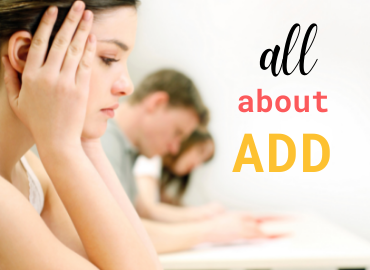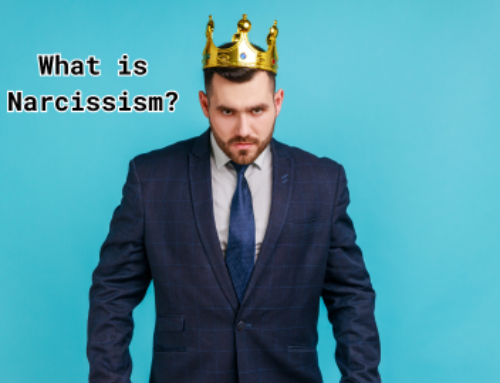All About ADD
Attention on the Deficit
At Rochester Clinical Psychiatry, we help patients with a wide range of mental, physical, and physiological health conditions. ADD is one we see often. ADD has been known of and studied for a long time but has gone through several name changes, a lot of trial and error with treatment, and a lot of misunderstanding.
What is ADD?
ADD stands for attention deficit disorder. It manifests pretty much how it sounds—a difficulty paying attention and focusing for very long. Someone who has trouble concentrating might not have ADD, but when it interferes with someone’s quality of life, it should be on the list of things to consult a physician about. Some symptoms of ADD are:
- Disorganization.
- Forgetfulness and lack of short-term memory.
- Daydreaming all the time.
- Difficulty with self-control, which can lead to impulsive behavior.
- Trouble finishing tasks.
ADD’s Friend, ADHD
ADHD stands for attention deficit hyperactivity disorder. As the name suggests, sufferers often:
- Talk excessively.
- Are unable to sit still.
- Change directions often with tasks and the subject of their attention.
Some ADHD patients have a lot of excess energy, but even if they have normal energy levels, they have great difficulty focusing that energy.
Sometimes ADD and ADHD are difficult to discern. As we mentioned, disorders of this nature have been redefined many times and were not always recognized as separate conditions.
One of the reasons they can be hard to separate is that ADD and ADHD are often noticed and diagnosed first in children. The presence or lack of hyperactivity is often the key. Children with ADD have the same issues paying attention and staying on task, but they may be shy daydreamers instead of fast movers.
Undiagnosed ADD and/or ADHD can affect someone well into adulthood. The same impulsivity, distractibility, and tendency to slip into dreams can plague an adult trying to have a career and relationships. If this are a consistent issue that doesn’t go away despite the sufferer’s attempts, it’s time to see a doctor.
Channeling the Mind
It’s important not to curtail a child’s sense of wonder or shame their energy and imagination. It’s also important to remember that, in general, troublesome mental conditions have no age limit, and no one is too old to seek care. Contact Rochester Holistic Psychiatry any time.



